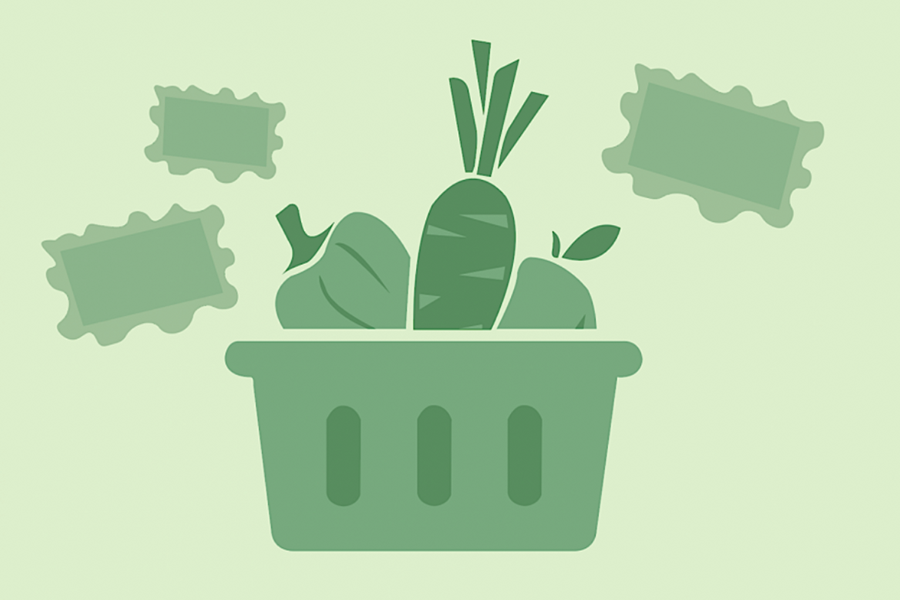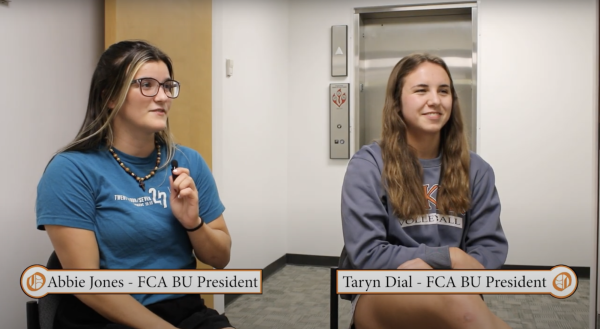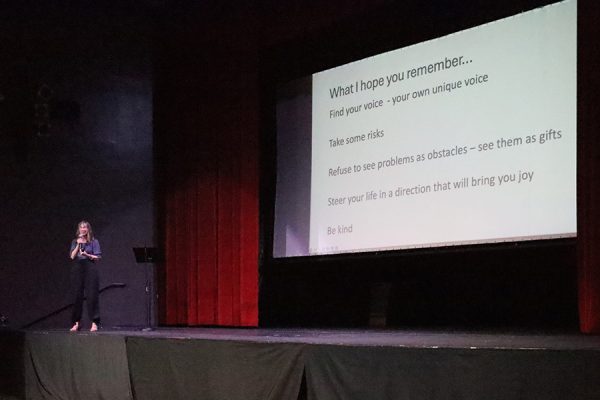COVID-19 relief package includes SNAP benefits for more college students
More college students are now eligible for SNAP benefits with the latest COVID-19 relief bill.
Students who are involved in work-study are now eligible for Federal Supplemental Nutrition Assistance Program (SNAP) benefits as a part of the federal COVID-19 relief package. National Association of Financial Aid Administrators (NASFAA) staff reporter Owen Daugherty wrote an article introducing the expansion. It was released on Feb. 22.
The expansion only temporarily removed work and eligibility requirements for college students who would like to apply for SNAP benefits, but the hope is that the Biden administration will make these changes permanent.
Ashley Burnside, a policy analyst at the Center for Law and Social Policy (CLASP) stated within the NASFAA article, “We applaud lawmakers for including this provision in the COVID relief bill and encourage them to permanently remove the student work requirement in SNAP.”
Senior Raven Meadows feels this resource is extremely important for students who may not have the time to work outside jobs or have access to jobs, but need help with food while in school. She believes the stress of trying to work enough to get the benefits while trying not to work too much to be ineligible for the benefits is unfair.
“Just because students can be claimed as dependents does not mean they are not taking care of themselves independently,” Meadows said. “These updates need to stay in place even when the pandemic is not a major issue anymore.”
Students that have an Expected Family Contribution (EFC) are also now eligible to enroll for SNAP benefits. The EFC is determined when a student completes the Free Application for Federal Student Aid (FAFSA).
Recent surveys taken by the Student Life Office indicated some current Baker University students were struggling with food security. According to USAID.gov, “food security means having, at all times, both physical and economic access to sufficient food to meet dietary needs for a productive and healthy life.”
With this knowledge, the Student Life Office decided to share the expanded SNAP benefit information with Baker students in hopes that it would provide those students with the help they need to secure food.
Dean of Students Cassy Bailey encouraged students through an all-student email she sent on Mar. 2 to take advantage of the opportunity.
If Baker students need to know if they meet the requirements or if they need help with the proper documentation, they can go to the Financial Aid Office in Constant Hall between 8 a.m. and 4:30 p.m Monday through Friday for help.
Baker students who are confident that they are eligible can complete an application by going to www.dcf.ks.gov and clicking on the “Apply for Services” button.
The student will need to verify their EFC of zero by submitting a copy of their Student Aid Report (SAR) or by providing a copy of their Financial Aid Offer, showing full Pell Grant eligibility ($6,345).
If the student does not have a zero EFC but they are eligible for Federal Work Study, they can provide a copy of their Financial Aid Offer showing their Federal Work Study Award.
Sophomore Joseph Hancock is a Baker University Student Athletic Assistant (SAA) for the football team. Though he does not utilize SNAP benefits and instead uses a meal plan through the school, Hancock believes the program could allow students to use the money they earn through work study for other needs besides food.
“This is a step in the right direction for students and their college experience,” Hancock said. “Students can use their work study pay to pay back loans or help with rent or whatever other costs they may have.”
According to Baker University Director of Financial Aid Jana Parks, this support program is crucial as students with food insecurity are at a higher risk of poor overall health and lower energy levels.
“Studies have also shown that food insecure students are more likely to withdraw, so it is important that we help support these students in finding the essentials they need to thrive,” Parks explained.

Maya is the News Editor for the Baker Orange. She is a senior from Lawrence, Kan. and is a mass media major. On-campus, she is a member of the women’s...

Rebekah Nelson is a senior from Newton, Kans, majoring in mass media and minoring in studio art. She works as the multimedia editor for The Baker Orange...











